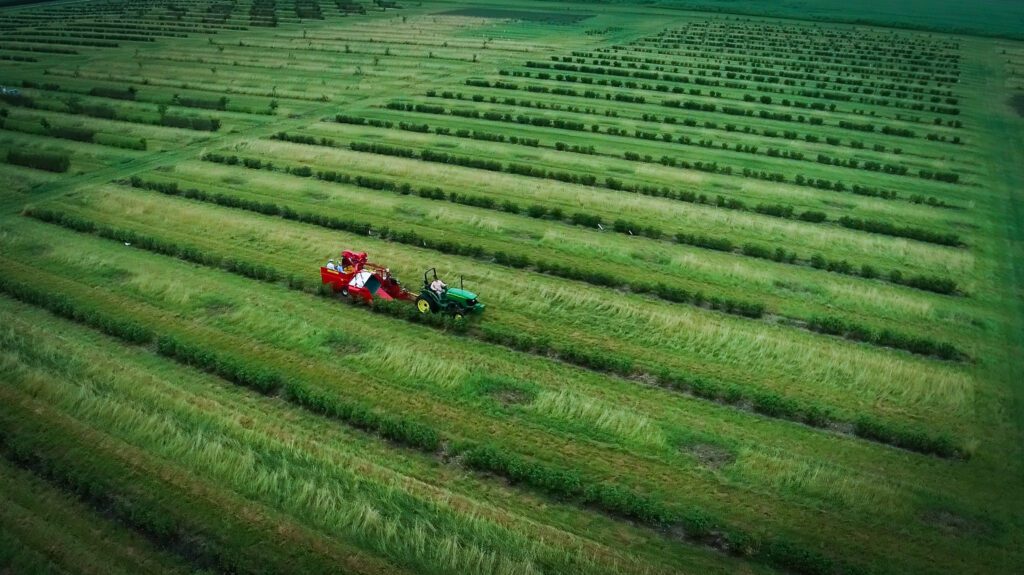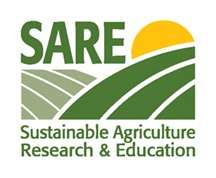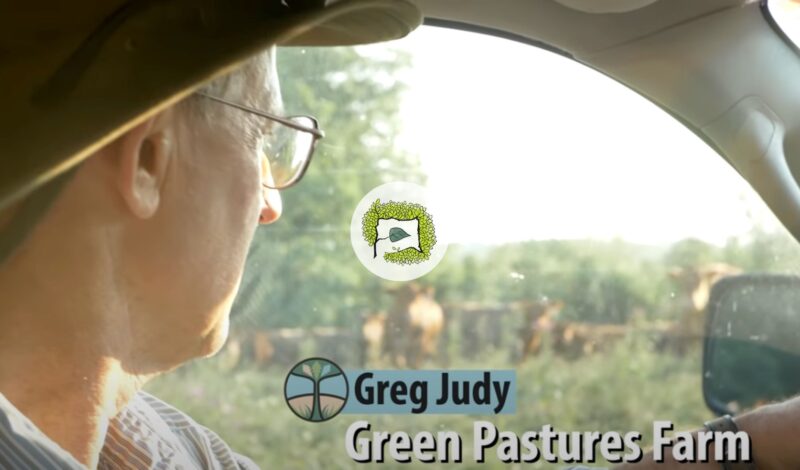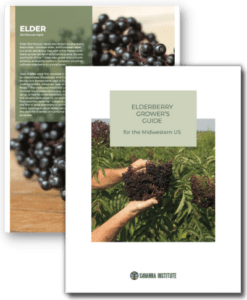Developing value chains to grow perennial food markets

Impact Investment Plans
We are investing heavily in research, market development and farmer education for these versatile perennial crops. Our impact investment reports on chestnuts and hazelnuts identify bottlenecks in scaling up Midwest markets for nut growers. We also produce marketing materials and grower guides on key perennial crops used in Midwest agroforestry systems.
Impact Investment Plans
What will it take to catalyze agroforestry in the Midwest?
The Savanna Institute has talked with experts across the value chain about the top ten bottlenecks for the Midwest Hazelnut and Eastern Chestnut industries. Our Impact Investment Plans help Midwest farmers and businesses understand how they can access opportunities available in these promising perennial crop markets.
Download the free reports to learn more.
Explore the Grower Guides
Thinking about a new perennial crop? Our grower guides and investment reports can help you plan food and farm systems that include trees.

Thank You Partners











